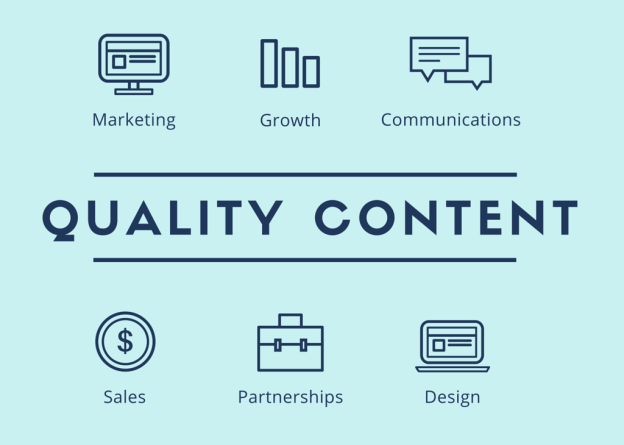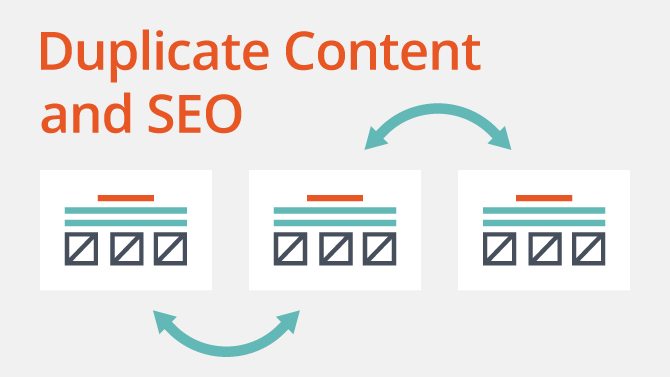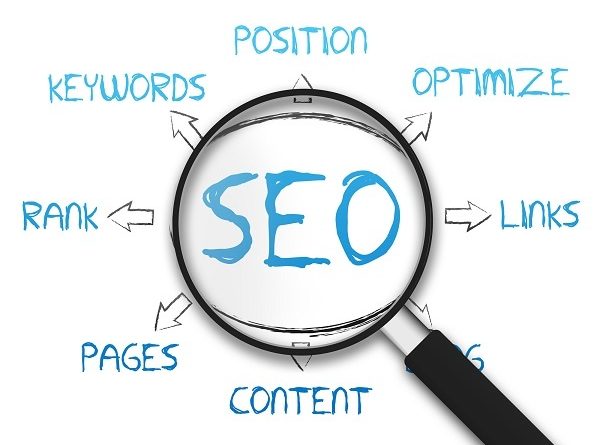
As an SEO specialist, I have to holistically consider my client websites on both the front and back ends. I not only have to look at their visible content (text and graphics), but also their hidden aspects (HTML and programming codes). My ultimate aim in all of my professional undertakings has always been to improve my sites’ user experience dynamics. Because in terms of SEO rankings, this is the ultimate metric that determines a particular webpage’s search engine SERP positioning. And of all the ranking factors that are commonly neglected by SEOs in their work, I place ‘page loading speeds’ at the top of my personal list. In my opinion, and as per Google’s own assessments, this particular factor is not only highly important for improving page rankings, it is also crucial to a site’s user experience. Presently, I’m still in the process of reading more on this subject through my Frontier Internet Packages subscription. And so this blog post, as such, presents a brief overview of some of my findings.
On the Varying Kinds of SEOs – by Region
In the United States, most SEOs are fully equipped to handle all website optimization-related work themselves. This, however, is not oftentimes the case with SEO techs hailing from other countries – and particularly those who come from the developing world. As a result, professionals from this latter category normally need to resort to specialist content writers, graphics artists and website developers to carry out some SEO-customized changes. When it comes to improving website loading speeds, developers prove to be of critical importance. In fact, most of the page-speed optimization tips that I’ve listed here require their input in some form or another.
So if you don’t have a website developer handy, consider connecting with one in a contractual, freelance capacity.
Five Powerful Page-Speed Boosting Tips
So without any further ado, here are the top 5 ways in which you can noticeably improve your webpage loading times. But be prepared for waiting for a while for your optimization efforts to bear visible fruit. Because like all things concerned with the organic ranking domain, there are a multitude of factors at play that determine your final score. And so you shouldn’t bank too much on any one ranking factor to get you ahead.
- Make Liberal Use of Website Databases
Website databases, inserted on the back end, act like indexes that greatly speed up the time it takes for servers and system processors to load a specific website portion. Much like search engine indexes, they order content in the website itself into several thematic (keyword organized) categories. In this way, popular webpage sections are enabled to load quickly – often with an 8 to 10 seconds improvement. And since page loading times are absolutely pivotal to a website’s user experience, this betterment can spell the difference between a high revenue-yielding site – and one that is less profitable.
And when you think about this issue in depth, the importance of page loading speeds comes into sharper relief. By reputable industry estimates, the ideal loading speed should not be above the 3 seconds mark. Any more, and business’s risk losing their customers to their competitors.
- Discard the Bulk of Embedded 3rd Party Site Elements
Common website elements like ‘analytics’ tracking codes, share icons and video (most often YouTube) inserts weigh in negatively on your page loading speeds. But despite this characteristic, they are often vital to the assessment efforts of online marketers and SEOs. Without analytics plugins, these specialists would have no way of knowing how often (and of which social grouping) their customers engaged with their live pages. The data collected in this way proves very valuable for any further marketing outreach initiatives. Similarly, video add-ons improve the aesthetic appeal of websites for their visitors, while share buttons allow for greater influxes of website traffic.
Based on all of these understandings, it becomes important for the concerned online marketer to not only reduce the use of all these essential website elements – but to do so with wisdom. Striking a balance between website loading speed and value is a central consideration in this case.
- Resort to ‘Caching’ Wherever Applicable
Caching is basically a web browser-ended modification, in which the browser stores common website elements for speedier loading times. Google’s Chrome browser deserves special mention on this front, as it is specifically designed with this feature by default. Caching, in this way, greatly reduces server burden – which further improve page loading times.
- Use a CDN for Promoting International Website Viewership
Content Delivery Networks (CDN, for short) store common versions of your website copy within regional servers in different global locations. In this way, data transmission times are greatly reduced. And this becomes a particularly important mode of page-speed optimization in the case of international website visitors.
- Take Heed from some Search Engine-offered Wisdom
These days, Google Webmaster offered utilities like PageSpeed Insights can prove to be of great help in getting your website to rank well. This particular tool not only gives you an accurate assessment of your current page loading speeds, but also tracks those of your industrial competitors. And if that’s not all, it puts the proverbial ‘cherry on the top’ by suggesting some practical improvements.
Recently, I was at a COX Customer Service convention which was hosted by a couple of experienced SEO techs. And both of them, in unison, emphasized the importance of page loading speeds before a captive audience.






